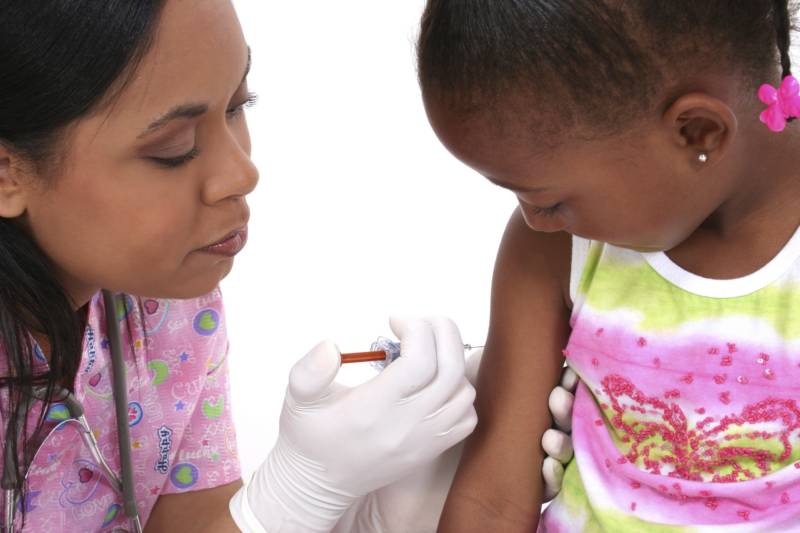Mississippi hasn’t had a case of measles since 1992. West Virginia last saw measles – a highly contagious virus that kills an estimated 314 people worldwide every day – in 2009. Now, with California’s new vaccination law rolling out shot by shot, the state joins Mississippi and West Virginia to become the third in the nation to adopt stringent vaccination school entrance requirements. And medical experts say disease rates are likely to fall in California as they have in those states.
“It’s a good club to be in,” said Rahul Gupta, state health officer in West Virginia, who was effusive in welcoming California – home to more than eight times the number of children under the age of 18 as Mississippi and West Virginia combined – as a public health leader in school vaccinations, a role that the two Southern states have played for decades. “What we are seeing in West Virginia is a significant decline in vaccine-preventable diseases,” he said. “We expect the same in California.”
“We haven’t had a measles case in a schoolchild in decades,” said Thomas Dobbs, state epidemiologist in Mississippi, which has the highest school vaccination rate in the nation for measles, mumps and rubella with 99.7 percent of students receiving the immunization.
More than a year after a measles outbreak at Disneyland and Disney California Adventure spread to 134 Californians, as well as to residents in six other states and two other countries, the new law removes the personal belief exemptions that allowed parents not to vaccinate their children in public or private schools or child care centers based on an opposition to vaccines. As in Mississippi and West Virginia, California now allows only children who have a medical reason to be excused from the mandate if they wish to attend public or private schools and child care centers. Child by child, the new vaccination requirements, which took effect July 1, are being applied to babies, toddlers and students entering public or private child care, kindergarten and 7th grade.
Passing the law, known by its legislative number as Senate Bill 277, was arduous at times, as vaccination opponents traveled to Sacramento legislative hearings to voice their belief in a retracted 1998 case study that suggested a link between vaccinations and autism – a case study that the British Medical Journal declared to be “an elaborate fraud.” Public health advocates now are having a moment.
